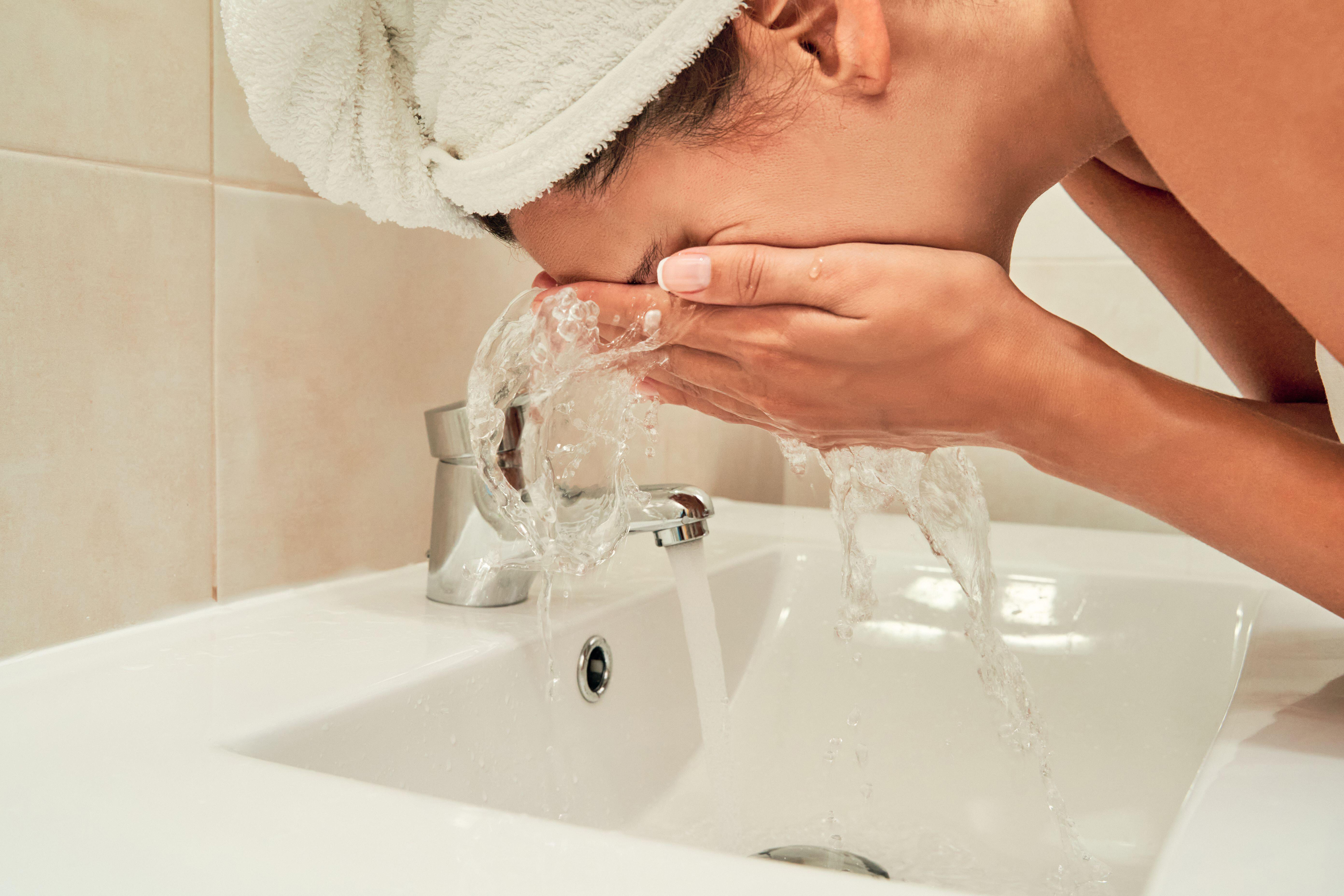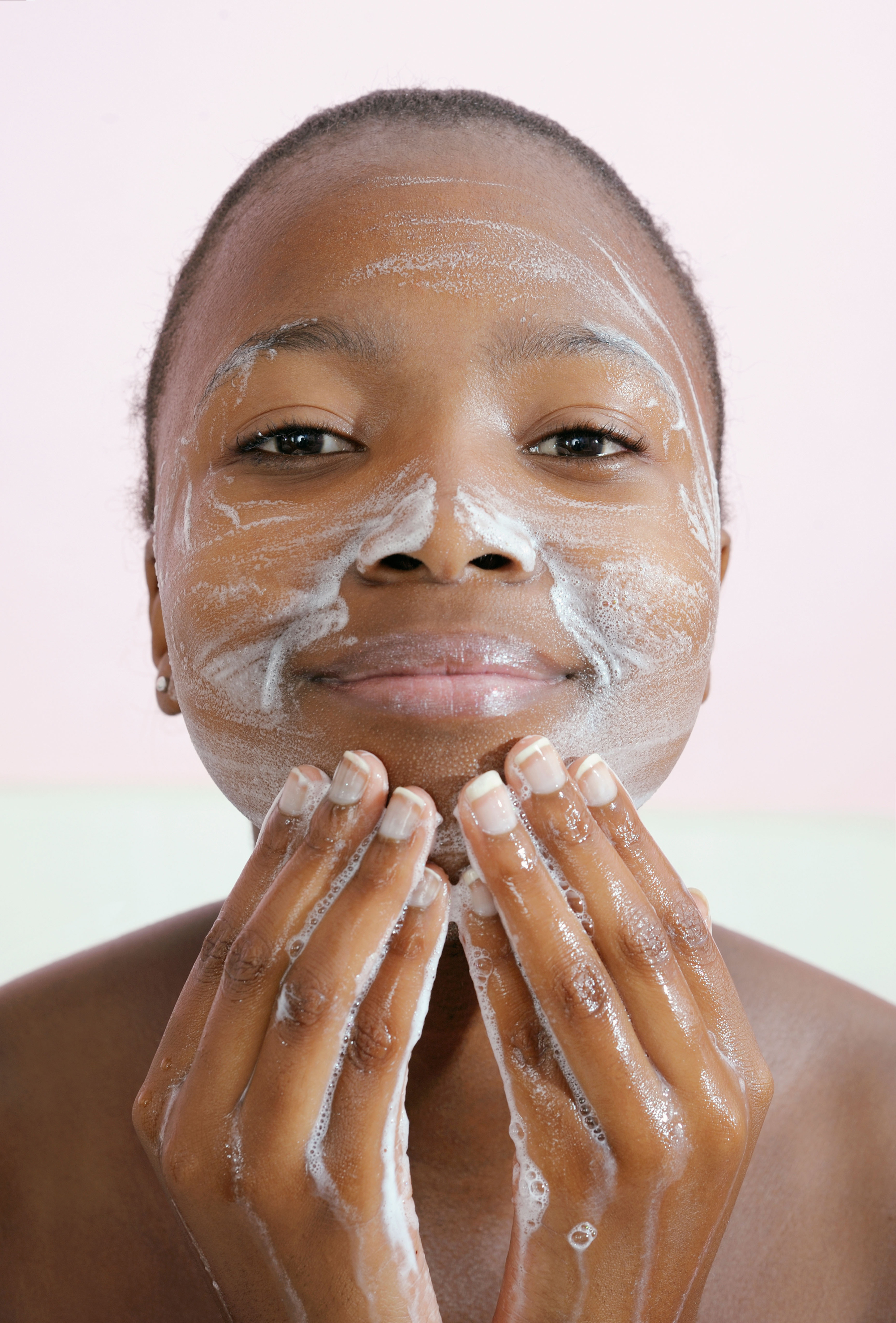While other celebrities are busy launching their own beauty brands and showing off their multi-step routines on social media, Cameron Diaz has revealed her approach to skincare is a lot more minimalist – to say the least.
“I literally do nothing,” she told Michelle Visage on the Drag Race star’s Rule Breakers podcast. “I, like, never wash my face. Twice a month, if I’m lucky, I’ll be like ‘Oh, I better put this on. One time works, right?’ Like is that all I have to do?”
Diaz, who quit acting in 2015, explained how taking time away from the limelight made her realise how much she was affected by Hollywood beauty standards.
“It’s hard not to look at yourself and judge yourself against other markers of beauty, and I think that’s one of the biggest things, the last eight years… I’m, like, wild, I’m like a wild animal, I’m a beast.”
It’s inspiring to hear that Diaz has overcome her insecurities, but is the ‘wild animal’ approach a good idea when it comes to looking after your skin?
Should we all be following in the 49-year-old’s footsteps and ditching our complicated cleansing (and exfoliating and masking and moisturising) regimes?
What would happen if you stopped washing your face every day?

“I would not advise anyone to stop washing their face,” says skin repair expert Lorena Öberg.
Cleansing twice a day is essential, she says, particularly if you already struggle with your skin: “If you have sensitive skin, suffer from acne or are prone to skin conditions such as rosacea, you should not copy Cameron Diaz, as it will very likely lead to a fiercer outbreak.
“You should also always consult a dermatologist before making any dramatic changes to your skincare routine.”
What’s the purpose of cleansing?

Cleansing before bed “removes the build-up of impurities, oils, make-up and SPF from your skin,” says Abi Cleeve, MD of Ultrasun UK and founder of SkinSense.
“If they aren’t removed, they can encourage bacterial growth and congestion, which could lead to irritations or skin issues.
Cleansing also breaks down the bonds that hold the dead skin cells together, so they can be removed from the surface of your skin to reveal newer, brighter skin cells.”
For urbanites, cleansing also removes pollutant particles, Öberg explains: “When pollutants break down the derma layer of the skin, oxidative stress accelerates the ageing process.”
Why is morning cleansing recommended as well? “Dirt can also build up overnight from sweat, and dirt transfers from our pillows, so don’t skip this part either,” she adds. “Especially if you wear make-up during the day – you don’t want to be applying make-up on dirt.”

It’s best to use a non-foaming balm or gel rather than a face wash that can strip your skin. And cleansing wipes, as well as being bad for the environment, aren’t great for your skin either.
“While poor cleansing methods – including the use of make-up wipes – can remove make-up from the top layer of the skin, they will not penetrate deep into the skin’s pores, which can lead to clogged pores and breakouts,” says Dr. Daron Seukeran, group medical director at Sk:n.
“But take care to avoid any exfoliants that can dry out your skin. Using products that are too harsh can also impair the cell structure of the skin and diminish the barrier function of the epidermis layer.”
Are there any other products you shouldn’t skip?
“Skincare care doesn’t have to be complicated, lengthy or costly,” says Cleeve, who recommends cleansing and moisturising should be the bedrock of any skincare routine – and that includes sunscreen during the day.
“It’s vital that you apply broad-spectrum SPF every single day, to protect from harmful UV rays that cause long-term damage. There is a wide range of textures to suit all skin tones and lifestyles, many have added skincare benefits for all-in-one protection.”
Öberg agrees: “Wearing an SPF foundation or a moisturiser with SPF, can help protect against UV rays and free radicals. If applied evenly, this can help prevent unnecessary wrinkles and dullness.”





